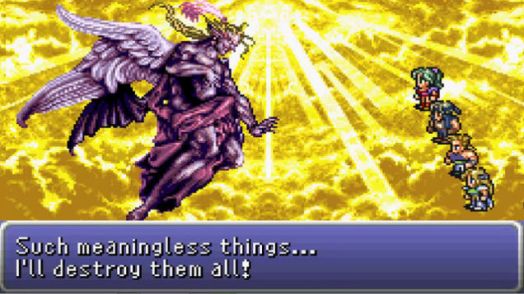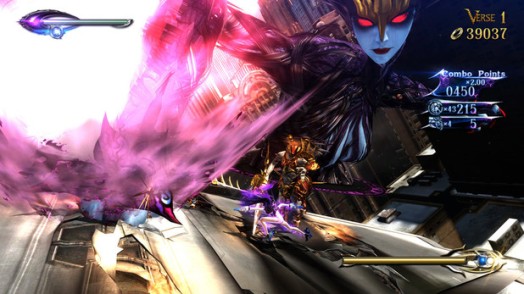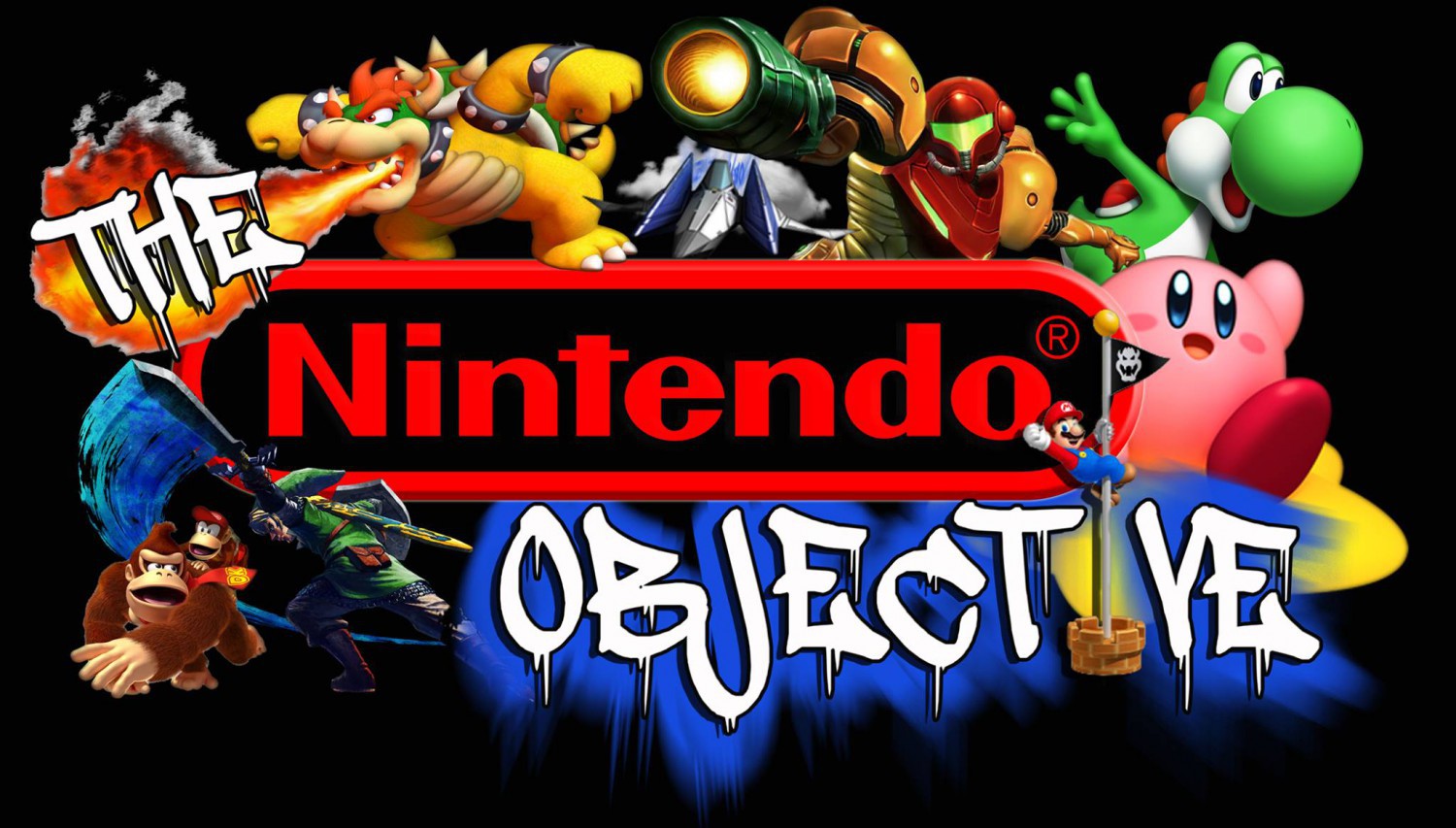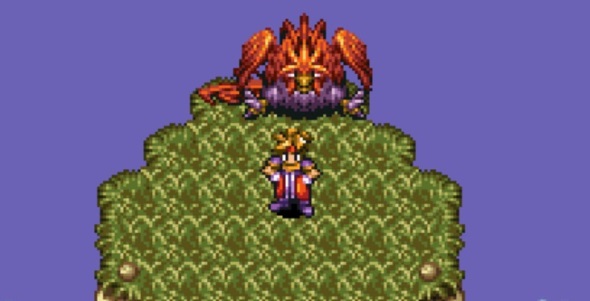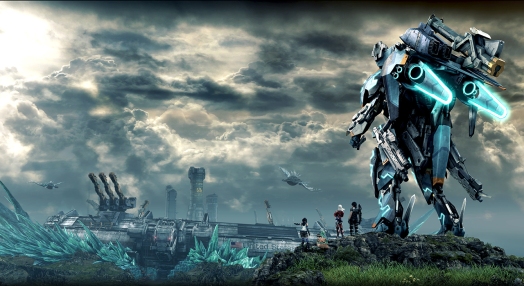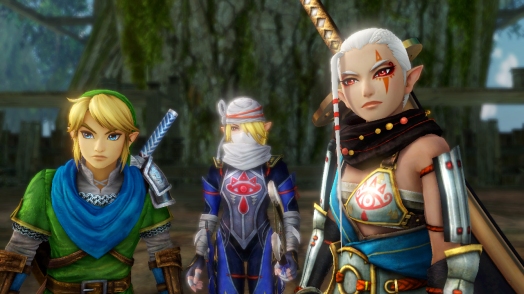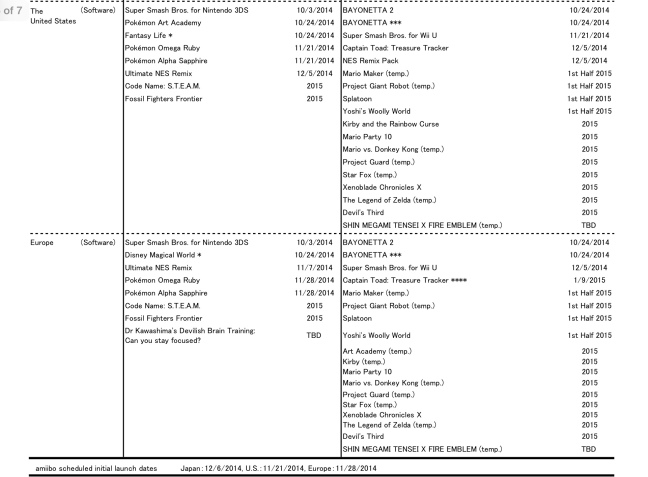Before continuing this “mini-series,” if you will, I want to throw out a few disclaimers.
1.) These articles are NOT “bashing” articles. Rather, they are my views and opinions regarding the discussed groups, in which at the end of the series I hope to bring focus to positivity. These are not meant for negativity, though they may contain some topics that are.
2.) There will be multiple articles, I have three planned, in total. I would love to discuss the topic(s) at hand with anyone willing to discuss, but please read all the articles to get a full understanding of what I am trying to say.
3.) Did I mention these are just my views and opinions on the gaming world in general? I did? Ok, cool, then let’s remember not to take anything too seriously or personally. That being said, I hope that perhaps one or more of my ramblings will strike a chord with you. So, let’s get started!
So far, I have spoken to gamers and game journalists/writers. Now, I want to end with the manufacturers themselves. I’m not speaking of just the developers: I’m speaking about the hardware companies (Nintendo, Microsoft, Sony) and the developers (both big and small, but mostly the bigger ones). Notice that I added Nintendo in that group? That’s right; as much as I enjoy the company and their products, they aren’t perfect and need some change, just like the other companies.
This article is tricky, because I don’t want to come off as a snobby know-it-all, but I don’t want to dismiss what I view as issues within these companies working within the gaming industry. So bear with me as I work through my thoughts, as I promise I do have a point to all of this.
Let’s start with the actual companies who make the hardware, in order for the software to be made. Around the time the original PlayStation and Nintendo 64 were released is when I began showing an interest in not only gaming itself, but the business behind it all. Even as a young lad, I found the gaming industry intriguing because it revolved around something I greatly enjoyed. I remember the debates and arguments between the systems: PlayStation games are directed towards a more mature audience; Nintendo has the best multiplayer console; game discs were better than cartridges, thus making the N64 obsolete already.
These topics and controversies were answered with awesome software and a newfound longevity [at the time] for consoles. These “fights” between companies spurred on competition, which created better products; and guess who was the real winner in the end? The gamers. We had great titles during this time period, such as Ocarina of Time, Metal Gear Solid, Goldeneye 64, Smash Bros, Crash Bandicoot, and so many more that are held up high by many gamers today. No one complained about lack of 3rd party support, remasters, or extremely high standards/expectation for sales. Not to say that the companies and journalists at the time didn’t contemplate these topics, but we, the gaming community, didn’t focus on them so much.
Now, all we ever hear is how much one system is selling, the abundance of shovel ware on another, the lack of creativity and ingenuity for another, no 3rd party software support for another. Many of these discussions are worn out and tiring, which can lead to an exhaustion from the gaming industry in general. So, where does the answer to all of this start? With the hardware manufacturers themselves. First, I want to make some commendations where they are due.
Sony has offered up a decent piece of hardware, which has focus on the future. They learned from their mistakes at the beginning of the last generation of consoles (PS3) and made a much more affordable next-gen console that will only get better over time. Though their software is lacking (will get to that later), and a mis-step in regards to PlayStation TV, it appears that once the PS4 hits its stride (not speaking of sales, but actual gaming experience), it will be quite the spectacle. Microsoft has been quick to lower the price of their system by dropping the Kinect from the bundle, though initial buyers may seem cheated; kudos to them for making the move for future buyers. Nintendo, though with a terrible launch and the first nine months after, has picked themselves back up and have a very heavy schedule of software, with a renewed focus on gamers. Nintendo has made the most improvements this generation, and though not completely where they need to be yet, they are trying to get there and making changes as they go along.
Now that the kudos have been given, it’s time for the changes that need to happen. Gamers have become very fast-paced with their gaming: we want it now, we want it to be the best, we want more. This is a blessing and a curse, but regardless, as someone in the gaming community recently mentioned to me, the manufacturer’s job is to “benefit the customer.” This is very true, and when it comes to sales, this is how any of these companies will prosper. Now, what does that mean? If I invest in a gaming system, I want some sort of longevity, good software, and entertainment. In other words, I want my “money’s worth,” a reason to use the system.
The main problem I have with all of these manufacturers is that they relied on either nostalgia or remastered games at launch. I understand there has to be a transition, and there will most likely be games that are on both the old and new consoles. But, we get “remasters” of games that are only a year old? Or “remasters” of games that don’t really need to be remastered. These would be fine additions, but these games have been released as major releases to entice customers to buy the new console. My answer to this? Just stop. Make games, and work with 3rd party developers to get games that truly offer the “next gen experience.” Many games at the launch of a console aren’t the best, and software will only get better as time goes on, but make new games that give us a true reason to buy. All of the hardware manufacturers have failed in this regard this generation. And when they finally begin making the right decisions, we should applaud them (I specifically have Nintendo in mind here, at the moment).
One other issue that needs to be addressed involves both parties: the manufacturers and the 3rd party developers. Manufacturers have become submissive in order to create sales (except in the case of Nintendo, who has had a rough relationship with developers), and 3rd party developers have become bullies. Large 3rd party developers seem to be leading the industry to an implosion. You may not agree with me, but keep these things in mind: the “rotation” and staff turn-arounds in many of the devs is demoralizing; many AAA games demand enormous profit in order to simply break even; and these devs have become the deciding factor (not in a good way) in whether a console succeeds or fails. Why be a developer if your job is only secure for maybe a couple years at best? Why do gamers have to buy sub-par games just because they are the latest and greatest, and that is what is available at the moment? Why can’t both manufacturers and devs put in their fair share of work in assuring both products succeed?
Developers have become lazy in some aspects. What do I mean by this? I have an example.
Ubisoft released a Wii U exclusive game for its launch, titled Zombi U. Now, the game would assuredly have its faults, as it is a new console and a new IP. But there were many bugs to be found in the game, including a game-breaking bug that caused much annoyance amongst the gamers who bought it. How long did it take for Ubisoft to fix the problem? Months! Now, you may say that it takes time and bodies to take care of this, which lead to expenses. But here’s an example of a developer that hustles for their gaming fans: Armillo is an indie title that was released this year, and a few bugs (some major) were discovered by users; with an incredibly small team, Fuzzy Wuzzy Games was able to create a patch (and get it past lotcheck) to fix the problem within about a month! This type of activity needs to be made known and commended. If a small indie developer with limited employees and finances can do this, why can’t the big AAA developer do the same, if not better?
This leads to developers taking on a bully-like mindset.
“We made this game, and you had better help us to promote it, or we won’t do business with you any more.” Now, I believe that manufacturers need to play some role in getting games to sell: make a bundle with high profile titles, help to market, and so on. But, this isn’t an accurate description of what seems to be the view of 3rd party developers now; they want the manufacturers to do all the work. An “I made the game, so you do everything else” type of thinking. THIS IS NOT RIGHT. Yes, Sony/Microsoft/Nintendo need to work with these developers in getting their product out, but it is a sad day when the manufacturer is expected to do all the work after the game is made.
“We will promise one thing, then do another, and you have to accept it because it boils down to business and sales.” I appreciate and understand that ultimately these companies are out to make money to survive another day. I am more than ok with this; if I had my own business, I would do what is necessary to create sales. However, the problem I have recently with developers is they choose to make software fail on specific hardware. This is a ridiculous concept. A couple of examples: EA made Mass Effect 3 as a gimped port from the other versions, then left Nintendo completely because games released like this didn’t sell; and Ubisoft made Rayman Legends a timed Wii U exclusive, then changed their minds and released it with every other console at the same time. Exclusives are great and push product, and multiplatform titles help create larger sales, but often the developers have too much power and can begin creating negativity around hardware. When large developers have the power to affect consumers’ views on hardware, not just their own product, there is a problem.
“We will make this game, and if it doesn’t sell on your system (even if it isn’t very good), we will pull our support.” This makes me scratch my head. This is partly due to the gaming masses that continue to buy the same game with a new package (pick your franchise, as I’m sure you already have one in mind); there’s no denying that. However, the developers need to make titles worth owning. Taste is subjective, but quality is objective. When a game comes to a system that has more bugs, is “gimped,” and doesn’t have any extra features other versions have, this is wrong. This doesn’t boil down to taste, but forcing junk down the throats of gamers to make sales.
There is a common thread amongst all of these issues, with both manufacturers and developers: too much power is a terrible thing. Why do we have checks and balances? Why is it best to bring in a third party to settle a dispute? We are human, and we benefit from having others giving insight. Now that gaming has grown into mass appeal, making its way into various facets of different cultures, there needs to be some humility. Nintendo was made humble with Wii U, and they are making much better decisions. Sony was made humble with the terrible PS3 launch and first few years, but they’ve redeemed themselves since. But where is the massive kick-back when a developer makes a terrible port and blames sales? What about when a manufacturer claims a peripheral is part of the hardware – making everyone spend the extra money to buy it – then decides to drop the peripheral only months later and sell the hardware at a cheaper price?
I write all of these articles to try and rally the gaming community, as a whole, together. Can’t we get back to the days when we played a system we owned, and hassled others in fun – not in derogatory, hostile, or demeaning ways? In many ways, if I was an outsider and was making a decision to get into the gaming community, I would not join in. If I weren’t a gamer already, I would most likely put my time into something else that didn’t seem as rotten and hostile as the gaming world in general appears to be at the moment. There needs to be change to positivity, as it seems that anything game related has some type of negativity attached to it.
“I bought a PS4….because the other consoles can’t match the technical specs.”
“I own a Wii U….because the other companies lack innovation.”
“I have an Xbox One….because the other consoles suck in comparison.”
Why can’t we, instead, say, “I have _______ console because I want to play the games!”
The gaming community needs change: “gamer gate,” bribed journalism, death threats, unnecessary disregard for specific systems, negativity engulfing the community all create nasty atmosphere. Although I know it gets more complex, and there is no way to avoid it, can’t we all adapt a simple concept that involves everyone: make innovative hardware, make good games, play games together. It won’t happen overnight, but change to positivity will do nothing but benefit the gaming community. Celebrate games, consoles, and stories related to our gaming experiences.
I’m sure there are many answers that can help alleviate the current state of the gaming world, and perhaps my view is simply not attainable, but you have to admit there is a lot of messed up happenings in the gaming world. So, let’s make an active effort to impact what we enjoy so much: video games.
~Michael

